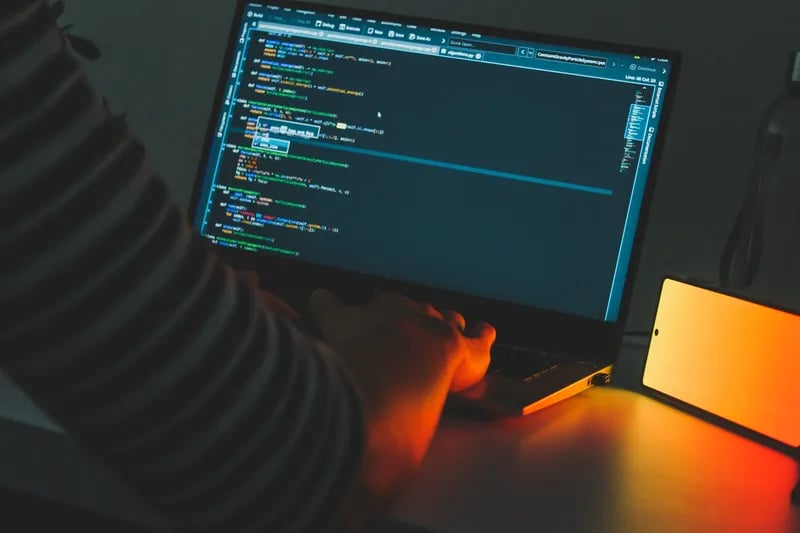
Kajetan Wojtyła
24 July 2023, 5 min read

In this blog post, we'll embark on a deep dive to explore the key communication skills every software engineer should possess, offer strategies for developing these skills, and provide practical solutions to overcome common communication hurdles in the world of software engineering


